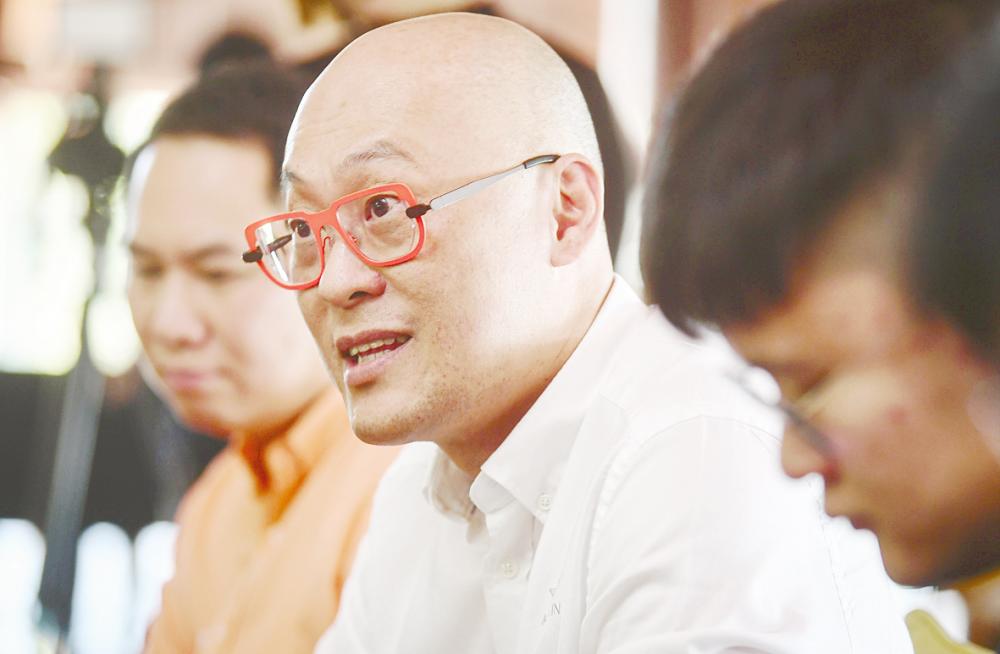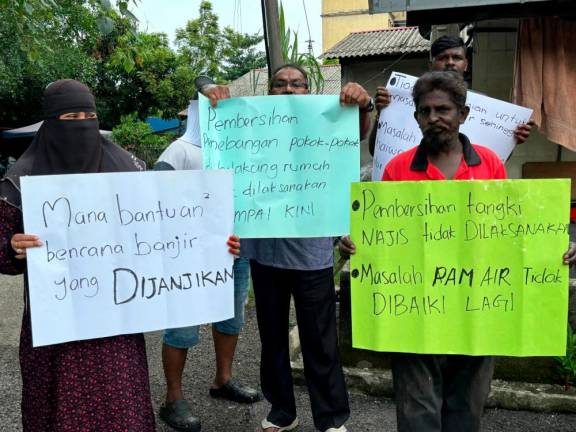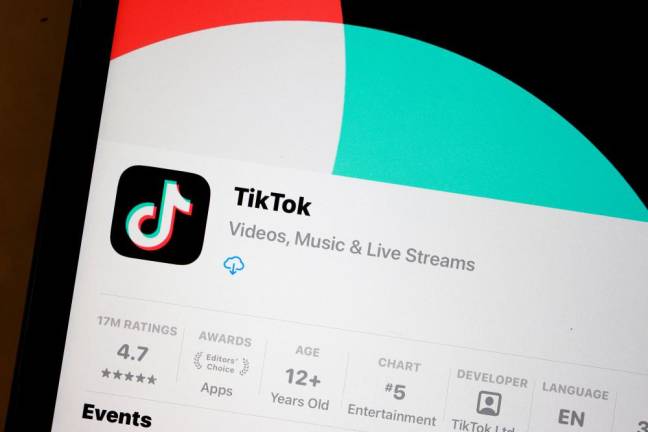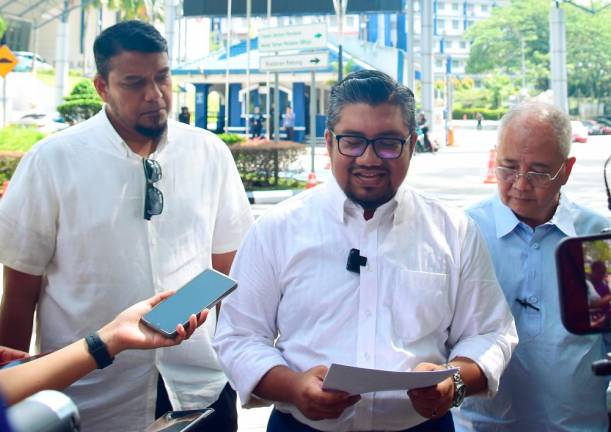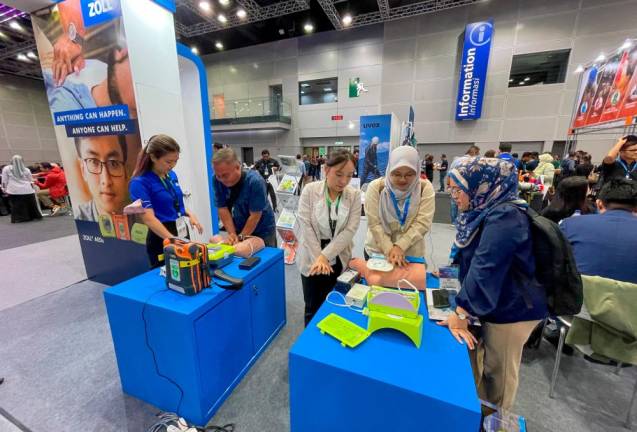LANGKAWI: U Mobile Sdn Bhd is willing to invest billions of ringgit to fully tap into the 5G network spectrum for the next generation of connectivity.
For starters, it has already spent around RM300 million for its future rollouts including for billing packages. Going forward, more investment capital has been set aside for the 5G space.
U Mobile CEO Wong Heang Tuck stressed that 5G is not just about the handsets but the breakthrough services it bring, especially with the wireless streaming which allows for faster, louder and clearer visual or sound. There is also data sharing which can be enabled to be faster.
With a fresh range of services, there is a need to revise the billing packages to make it cost effective and to better serve the consumer needs, he explained.
“We may be 20 years behind other telcos (in terms of experience and infrastructure because U Mobile is the youngest operator) but we are catching up fast, especially on the 5G spectrum,” Wong told a media briefing as U Mobile unveiled five initiatives under the 5G live demonstration use cases here last Saturday.
He expects the 5G handsets to cost less than the average prices of around RM3,000 as the spectrum eases into the Malaysian networks while more handset producers begin to roll out their respective 5G personal devices.
For now, U Mobile has zeroed in on four pillars for 5G use cases by collaborating with two local startups (MEDCOM and DoctorOnCall) as well as with Taiwanese e-sports producer HTC Vive and China’s telco infrastructure giant ZTE Corp.
The four pillars are healthcare, virtual tourism, e-sports and fixed wireless connection.
Wongsaid the initiatives can be commercialised over time with the Multimedia and Communications Commission targeting for the rollouts to begin in the third quarter of this year.
For instance, MEDCOM has unveiled a portable device that allows hospitals to reach out to specialists on their personal handsets for complicated medical cases, resulting in a prognosis being able to be done faster than usual.
Eventually, MEDCOM will also allow doctors here to seek special expertise from foreign specialists.
“It will revolutionise healthcare and it is all done in real time,” said Wong.
The DOCpod booth is another game changer as it allows patients to simply walk into the booth to interact via a video link live with a doctor, who can then prescribe medications for basic ailments such as flu and indigestion. It allows the patients to have their blood pressure, sugar and heartbeat rates tested as well.
Meanwhile, virtual tourism allows tourists to visualise the tourism products of their choosing remotely before physically experiencing it. For virtual reality e-sports, gamers will be able to have better interaction with their games.



